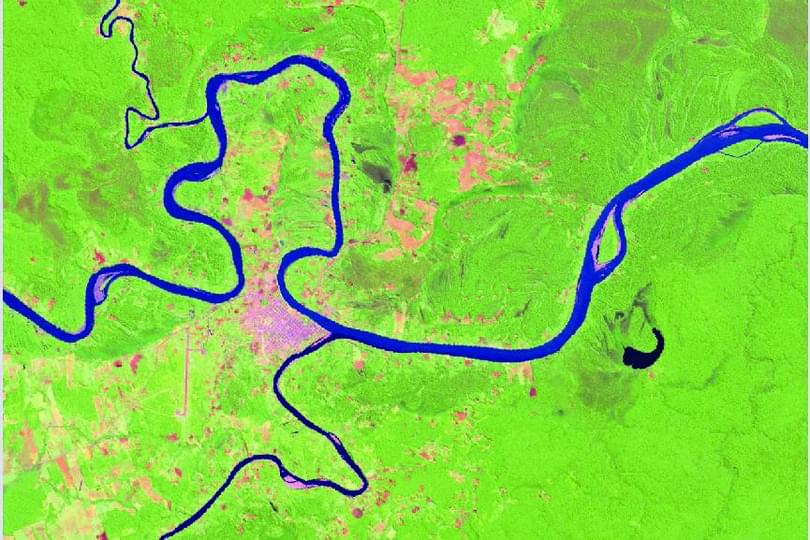
Two studies recently published in Nature show that the risk of dangerous climate change is primarily determined not by short-term levels of CO2 emissions, but by the total amount of carbon dioxide that is injected into the atmosphere.
While most of the world's governments are committed to avoiding warming in excess of 2 degrees Celsius, they rely on a variety of different policies to achieve this goal. These new studies, led by Oxford University scientists Dr Myles Allen, former James Martin Fellow Dr David Frame and Dr Malte Meinshausen from the Potsdam Institute for Climate Impacts Research, provide a simpler approach to the problem.
They have set out a "carbon budget". Simply put, if we are to avoid global warming in excess of 2 degrees, we cannot inject more than a total of 1 trillion tons of carbon into the atmosphere. However, humans are already well on their way to exceeding this budget with approximately half, (0.5 trillion tonnes carbon) consumed already. If current trends continue, we will have consumed the full 1trillion tonnes within half a century.
Dr Frame hopes that these findings can be seen as an opportunity to prevent such dangerous climate change. He said: "by treating the effective "CO2 capacity" of the atmosphere as an exhaustible resource, we could provide governments and industry with simple, clear and tractable guidance for long term planning."
Dr David Frame is a former James Martin Fellow, now collaborating with the 21st Century School, after taking up the position of Deputy Director at Oxford's newly established Smith School for Enterprise & the Environment, and holds a visiting role in Physics.
Dr Myles Allen is Head of Climate Dynamics in the Dept of Physics.
Dr Malte Meinshausen is a former student in the Environmental Change Institute. He is now working for the Potsdam Institute for Climate Impacts Research.
Related Links and Resources
- Save ‘trillionth tonne’ warn Oxford scientists
- Coverage: Guardian
- Oxford Physics: Climate Dynamics
- Environmental Change Institute
- Coverage: New Scientist